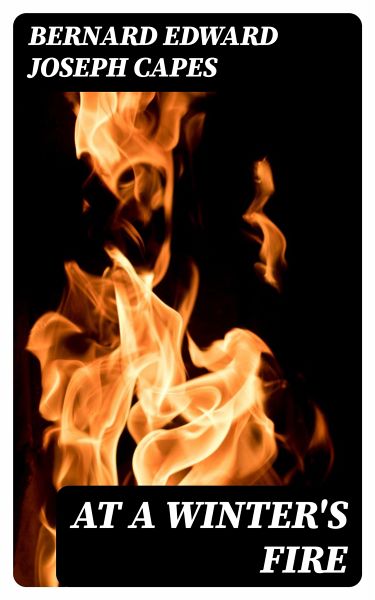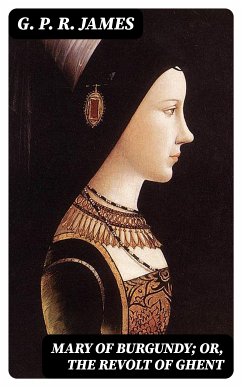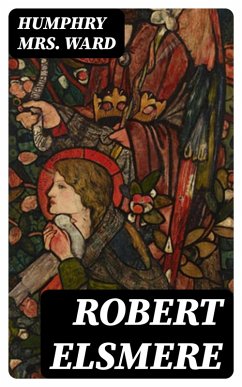
At a Winter's Fire (eBook, ePUB)
Versandkostenfrei!
Sofort per Download lieferbar
0,49 €
inkl. MwSt.
Weitere Ausgaben:

PAYBACK Punkte
0 °P sammeln!
In "At a Winter's Fire," Bernard Edward Joseph Capes weaves a rich tapestry of gothic storytelling, intermingling elements of suspense, fantasy, and psychological depth. The narrative unfolds within the confines of an isolated environment, evoking a sense of claustrophobia and introspection, as characters gather around the titular fire. Employing a lyrical prose style reminiscent of the 19th-century romantic literary tradition, Capes creates an atmosphere that is both eerie and contemplative, exploring the darker facets of human emotion and the nature of reality itself. This collection of tale...
In "At a Winter's Fire," Bernard Edward Joseph Capes weaves a rich tapestry of gothic storytelling, intermingling elements of suspense, fantasy, and psychological depth. The narrative unfolds within the confines of an isolated environment, evoking a sense of claustrophobia and introspection, as characters gather around the titular fire. Employing a lyrical prose style reminiscent of the 19th-century romantic literary tradition, Capes creates an atmosphere that is both eerie and contemplative, exploring the darker facets of human emotion and the nature of reality itself. This collection of tales reflects the anxieties and mysteries of a rapidly changing world, echoing the broader themes of the early 20th century, particularly in the context of industrialization and the evolving social landscape. Capes, born in 1854, was notably influenced by both his artistic background and his experiences traveling through England's remote landscapes. His work often draws upon his fascination with the supernatural, as well as his profound understanding of human psychology. These personal and cultural influences converge in "At a Winter's Fire," where Capes masterfully transforms personal fears and societal issues into compelling narratives that resonate with readers. I highly recommend "At a Winter's Fire" to anyone intrigued by the interplay of horror and beauty within literature. Capes' knack for atmospheric writing, combined with his intricate character development, invites readers to bask in the warmth of the fire while confronting the shadows lurking in its glow. This book is a must-read for lovers of gothic literature and those seeking to understand the complexities of the human condition.
Dieser Download kann aus rechtlichen Gründen nur mit Rechnungsadresse in A, B, BG, CY, CZ, D, DK, EW, E, FIN, F, GR, H, IRL, I, LT, L, LR, M, NL, PL, P, R, S, SLO, SK ausgeliefert werden.













